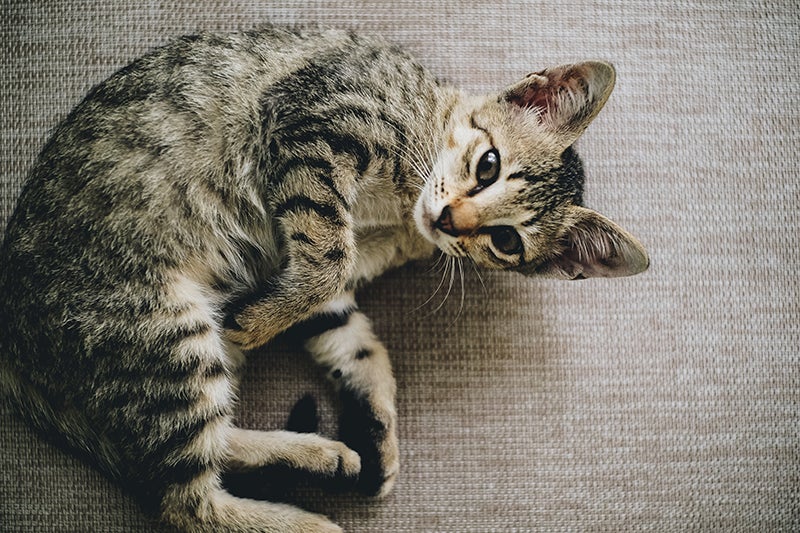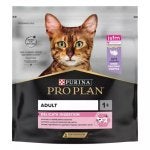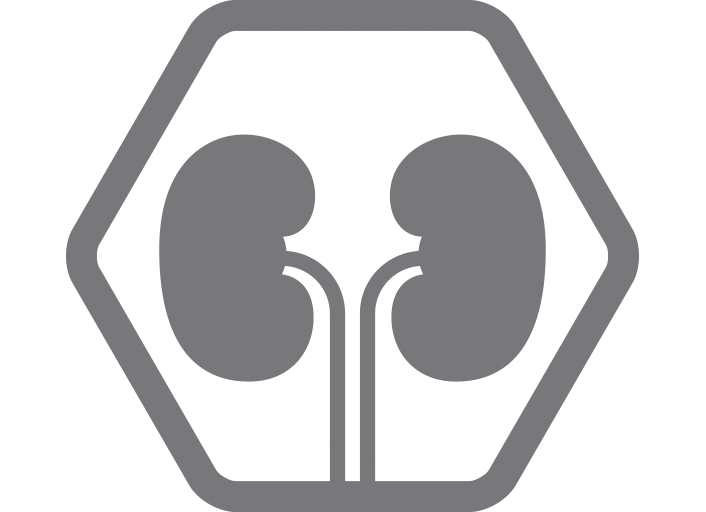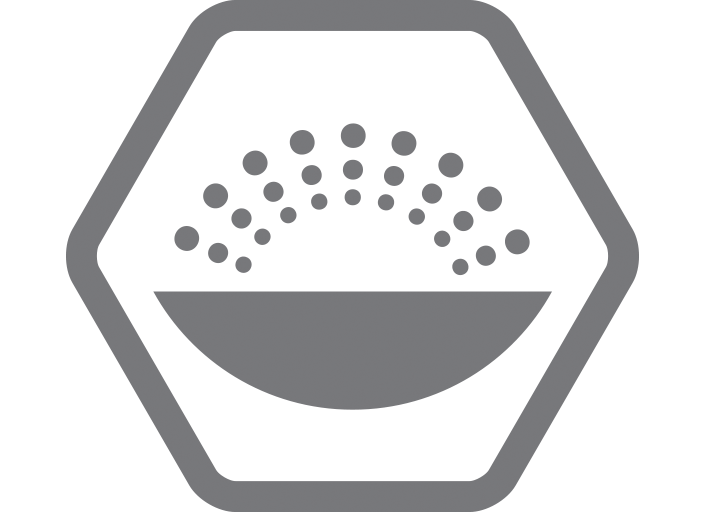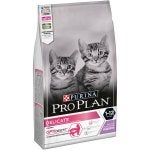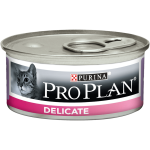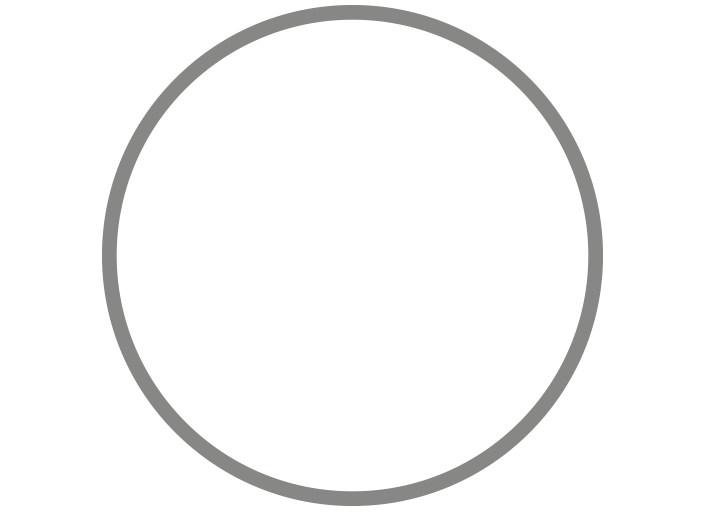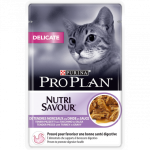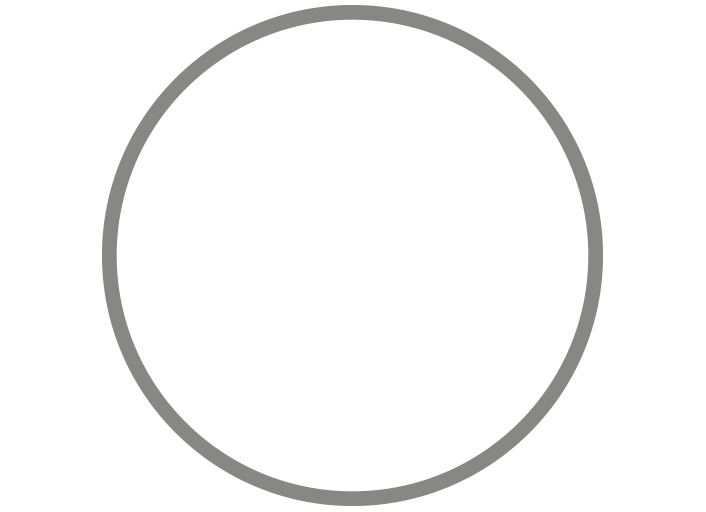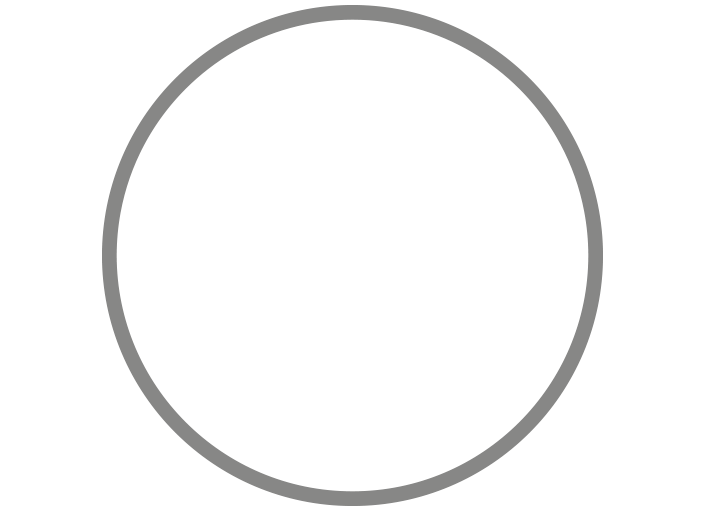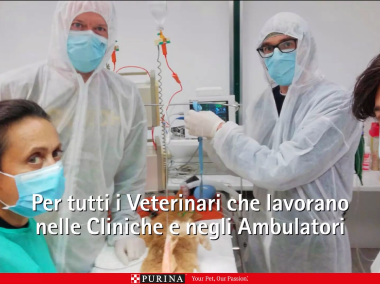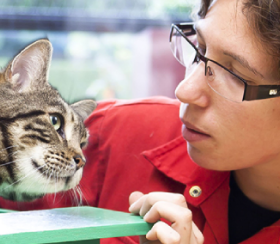The administration of antibiotics like amoxicillin-clavulanate (which is used to treat certain infections caused by bacteria) in cats can result in vomiting, diarrhea and changes in the gastrointestinal microbiome. Because Enterococcus faecium strain SF68 has shown to lessen diarrhea rates in cats on other studies, the research group wanted to determine if the administration of the antibiotic together with or without Enterococcus faecium strain (SF68 is commercially available and is included in Purina® ProPlan® Veterinary Diets; FortiFlora™ Probiotic Supplement), could have an effect in lessening the derived gastrointestinal abnormalities previously described.
A total of 27 cats were administered amoxicillin-clavulanate for one week and 13 of them were fed SF68, while 14 were fed a placebo. All subjects were monitored for clinical and microbiome gastrointestinal symptoms by monitoring any vomiting or diarrhea to identify any differences. The study found that the total diarrhea scores of the SF68 group were lower (P= 0.0058) and detected no microbiome differences between both groups. The gathered results indicate that an intake of SF68 in combination to this antibiotic can help reduce gastrointestinal symptoms.
 purina: insieme è meglio
purina: insieme è meglio





